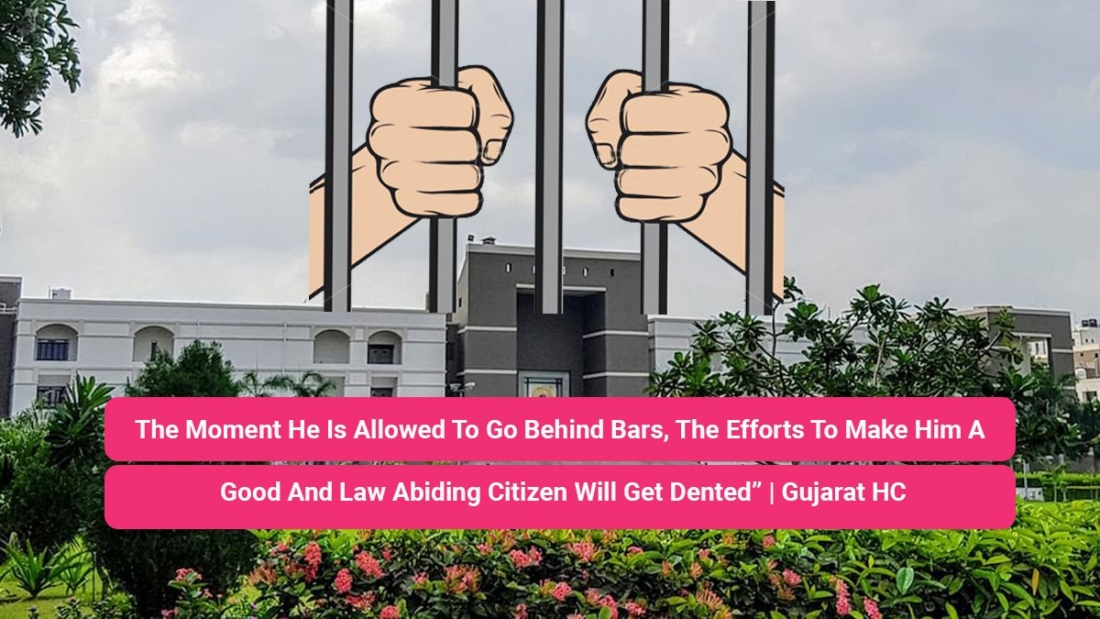In the case of A.S.G vs State of Gujarat, the Gujarat High Court on 7th April 2022 granted bail to the applicant accused of offences under Sections 363 (Punishment for kidnapping), 366 (Kidnapping or abducting or inducing woman to compel her marriage, etc.), 376(2)(n) (Whoever commits rape repeatedly on the same woman shall be punished with rigorous imprisonment for a term which shall not be less than ten years, but which may extend to life imprisonment along with fine), 376(3) (Whoever, commits rape on a woman under sixteen years of age shall be punished with rigorous imprisonment for a term which shall not be less than twenty years, but which may extend to imprisonment for life along with fine) of the Indian Penal Code(IPC) and Sections 4 (Punishment for penetrative sexual assault), 6 (Punishment for aggravated penetrative sexual assault) and 12 (Punishment for sexual harassment) of the Protection of Children from Sexual Offences Act [POCSO], 2012.
Facts of the leading case:
The mother of the 15-year-old victim girl filed an FIR against the applicant accused in January 2022, alleging that the accused had coerced her daughter to meet him repeatedly and forced her to have a physical relationship with him three times against her will. The accused was also said to have promised to marry her. Furthermore, the accused used to scare her by threatening to tell her parents about their relationship.
Thereafter, the accused- applicant accused filed an application praying for bail in connection with the FIR.
Counsels Arguments:
The Counsel for the applicant accused claimed that the accused was a minor at the time when the alleged offence was committed. The allegations as enumerated in the FIR were concocted because the FIR has been filed only after the parents of the victim came to know about the relationship between the applicant and the prosecutrix. It was submitted that the applicant had made numerous requests to the prosecutrix to return home when the victim had come to the applicant’s house to meet him late at night. Moreover, a compromise was made between the parties coinjoin wherein the parents of the applicant had given assurance that the applicant would stay away from the prosecutrix. Since the applicant had no past antecedents registered against him, the bail of application may be granted.
The Counsel for the State contended that the accused had developed a physical relationship with the prosecutrix on the false promise of marriage. Further, when the prosecutrix was caught talking on the phone to the accused was a major. Since the prosecutrix was a minor the anticipatory bail may not be granted.
Observation of the Court:
- The Court observed that this is a situation in which underage teenagers have formed a physical relationship while being unaware of the rigors of the law and the social fabric to which they are bound. The applicant’s love affair with the prosecutrix has turned into both a punishment and a crime.
- The Court observed “The first step of turning him into a hardcore criminal will be sending him behind bars” and observed that if the applicant is allowed to go behind the bars then the efforts to make him a good law-abiding citizen will go in vain.” Therefore, considering the fact that the applicant is a first-year college student, it is expected from him to observe and follow the fundamental duties of a good citizen as enshrined in Article 51A of the Constitution of India.
- Further, the Court observed that the facts of the case are neither shocking nor significant enough to prevent bail from being granted under section 438 (Direction for grant of bail to person apprehending arrest) of the CrPC.
Hence, the Court allowed the bail application and ordered him to neither directly nor indirectly make any inducement, threat, or promise to any individual with knowledge of the facts of the case in order to persuade him not to reveal such information to the court or any police officer.
– Vaishali Jain, Advocate & Associate – Child Safety at Work & Surbhi Singh
 Cart is empty
Cart is empty 

